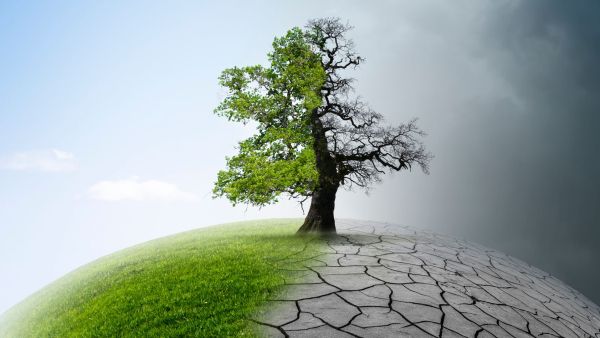The Socialists and Democrats in the European Parliament are determined to achieve the goals already set to cut emissions in the Union by at least 40% below the 1990 levels by 2030, in order to stay well below the 2°C rise in temperature. This is why the S&D MEPs in the environment committee yesterday opposed an attempt by the conservatives to reduce the EU’s ambition during a vote on promoting the use of energy from renewable sources.
Inaction would not only lead to dependency on expensive energy imports, but it would also endanger our commitment to reducing greenhouse-gas emissions and complying with the 2015 Paris Agreement on climate change. The environment committee voted to ban palm oil after 2021 and asked for other problematic biofuels to be gradually phased out as well.
Jo Leinen MEP, the S&D spokesperson on renewable energy sources in the environment committee, said:
"We need ambitious objectives for renewable energies as well as sustainability safeguards. Translating a target of at least 35% renewable energies in energy consumption by 2030 into binding national targets is the right signal for companies and investors. The European Commission and EU member states have only suggested a 27% target so far.
"Especially in the transport sector a lot still needs to be done. In the coming years we need to move to advanced biofuels made from waste and residues, but also to electrification. The environment committee has set us on the right track for this development. At the same time the EU's approach towards conventional biofuels needs to change. Using land for biofuels should not compete with growing food and feed. And it should definitely not lead to deforestation.
"The largest contribution to renewable heating comes from bioenergy. I am disappointed that the committee was not able to strengthen the sustainability criteria for the use of biomass. The conservative groups in the Parliament took a different approach that is highly questionable for climate protection. The demand for wood pellets and wood chips for heating will most likely grow, so we shouldn't allow whole tree to be burned for energy. There is a risk that sustainable forest management cannot be ensured with the current proposal. Forests play a meaningful role as carbon sinks and as habitat for important animal species. We cannot afford to waste this valuable resource – or burn it for that matter. Limited parts like residues could still be used for energy purposes. The current position goes far beyond this principle."
Miriam Dalli MEP, the S&D spokesperson on the environment, said:
"The S&Ds voted for ambitious targets for renewables, with a special focus on the transport sector. We gave strong support for advanced biofuels, as they could play a long-term role in the decarbonisation of transport, and highlighted the role of electrification when speaking about the 2030 targets.
"It’s not enough to talk about biofuels when we talk about clean transport and renewables in transport. We have to assume that electrification will help us in this area, including when it comes to meeting higher renewables targets for 2030.
"We will need large amounts of clean transport fuels in the future, as demand in transport will keep on growing and growing. We need large amounts with strong quality standards and with strict and applicable sustainability criteria."








